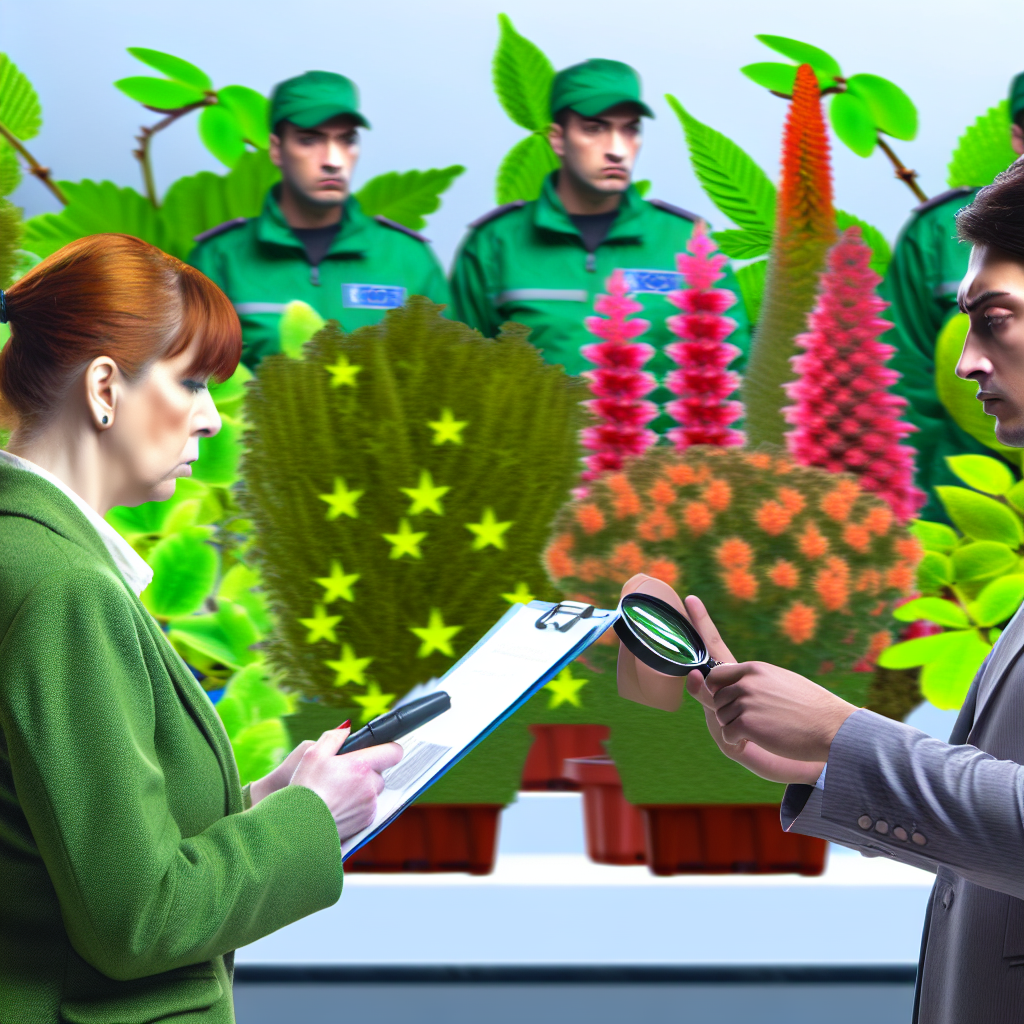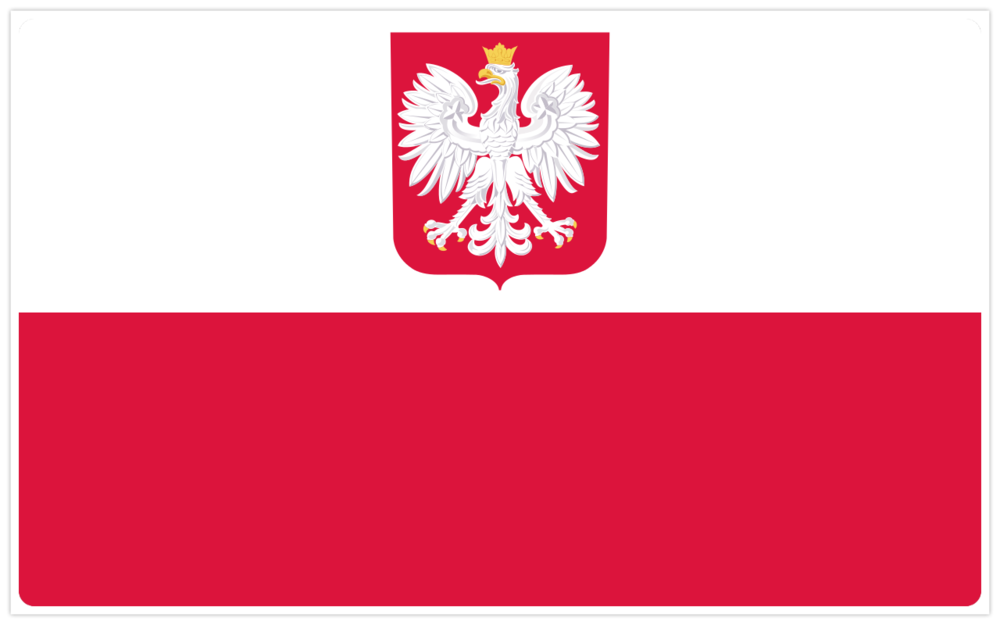EU Strengthens Customs Checks on UK Plant Products from June: New Documentation Requirements Explained
As of June, the European Union is tightening customs checks on plant products imported from the United Kingdom. This shift brings significant changes to documentation and compliance, impacting UK businesses exporting to the EU. Understanding these new procedures is crucial for maintaining seamless trade and avoiding costly delays.
Key Changes to Customs Documentation and Procedures
With the new regulations, the EU is enhancing its biosecurity measures by mandating stricter checks and updated paperwork for a wide range of plant products, including fruits, vegetables, flowers, and seeds. Exporters must now provide:
- Phyto-sanitary certificates: Official confirmation that plant products meet EU health and safety standards, issued by UK authorities.
- Additional pre-notification: Importers in the EU must notify customs authorities before shipments arrive, including detailed information about the cargo’s contents and origin.
- Evidence of traceability: Documents must be maintained to prove the supply chain and origin of plant materials, ensuring contamination and pest risks are minimized.
Failure to provide the correct documentation or to meet the new requirements may result in inspections, shipment delays, or rejection at the EU border. As a result, businesses must review their export processes, update internal compliance strategies, and invest in staff training to adapt to the evolving landscape.
Implications for UK Exporters and EU Importers
The increased scrutiny aims to protect the EU’s agricultural sector from invasive pests and plant diseases, but it also brings administrative and logistical challenges for businesses on both sides. UK exporters should work closely with their EU clients to ensure all paperwork is in order and submitted on time. Additionally, collaborating with customs brokers who are familiar with the latest EU requirements can help minimize disruptions. The new measures also place greater emphasis on digitalization, so implementing automated document management systems can speed up the compliance process and reduce human error.
Conclusion
In summary, the EU’s strengthened customs checks and expanded documentation requirements for UK plant products demand proactive adaptation from exporters and importers. By carefully preparing for these new rules and prioritizing compliance, businesses can navigate the updated regulations smoothly. Staying informed and adjusting internal processes will be key to maintaining uninterrupted trade and protecting supply chain reliability.


